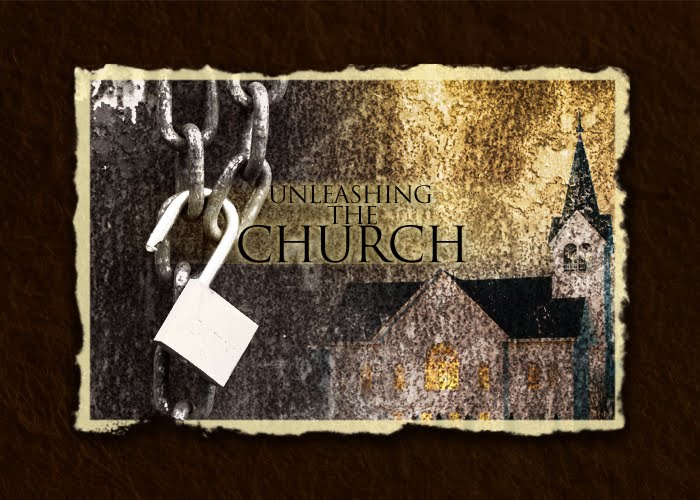Right & Wrong
Vs
Life & Death
In a very real way the Community and Seeker Church
mentalities have paved the way for a strong Church/Parachurch partnership.
There are powerful influences in the church today that are saying that Life
& Death are more important than Right & Wrong. They are not prepared to
throw out their theological convictions; but they are not likely to see the
timing of the Rapture as a make or break issue. We have far more important
issues to be concerned about then the timing of the Rapture, we have a
Post-Christian culture to be concerned about. Anyone who is familiar with
American and European history has to be concerned that the U.S. is on the fast
track to becoming as secular as Europe.
Historically, American churches, operating in a Christian
culture, have felt that they had the luxury to stake out their theological turf
based on their many “distinctives.” They could afford to fight about questions
like the timing of the Rapture. But today churches no longer have the luxury to
have a long list of distinctives. The list is still there but for most groups
the distinctives, that they are willing to die for, comprises a very short
list. There are just too many pressing social issues in a culture that is
rapidly being paganized. Even the government is pleading with faith-based
organizations to get involved with social action ministries.



